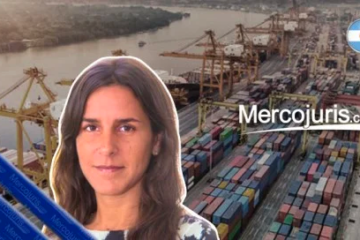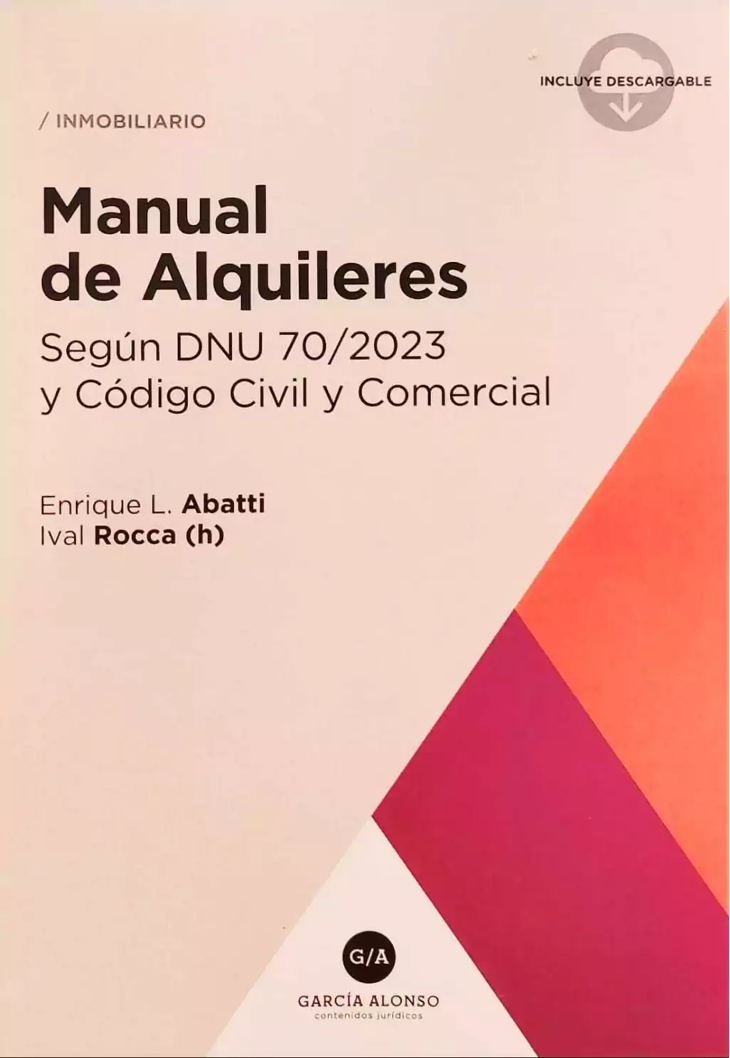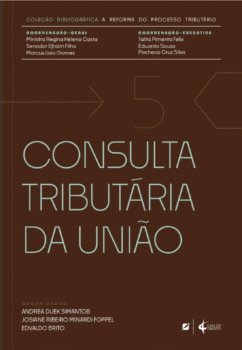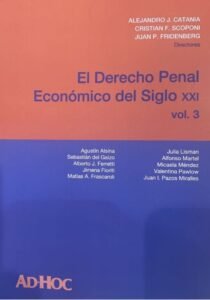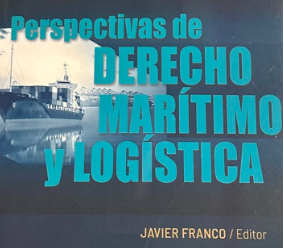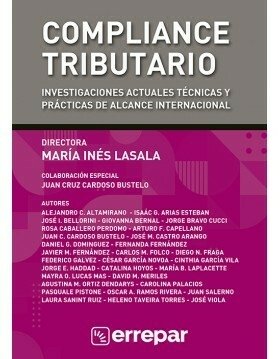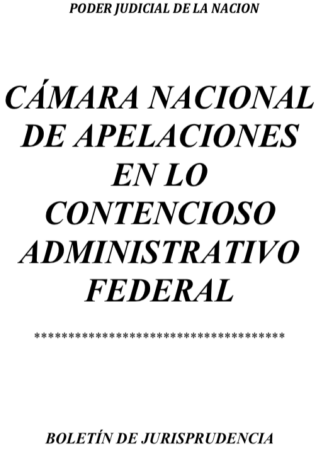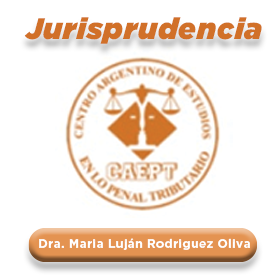Los Miembros de la OMC se centran en la aplicación del AFC, las cuestiones relativas al tránsito y la creación de capacidad

En la reunión celebrada los días 4 y 5 de junio, en el Comité de Facilitación del Comercio se señaló que en el período 2024-2025 se había llegado a un número récord de medidas previstas en el Acuerdo sobre Facilitación del Comercio (AFC) que requerían asistencia para su aplicación por los Miembros en desarrollo y los países menos adelantados (PMA) Miembros. En la reunión, los Miembros se centraron en cuestiones como la mejora de la transparencia de la aplicación del AFC, la vigilancia de los corredores de tránsito y la coordinación de la asistencia técnica. El Comité dio la bienvenida a su nuevo Presidente, el Sr. Edem Kossi, del Togo.
The TFA — which contains provisions for expediting the movement, release and clearance of goods, including goods in transit — is the first WTO agreement in which developing and LDC members can determine their own implementation schedules, in accordance with their national priorities and capacities, and seek to acquire implementation capacity through the provision of related assistance and support.
The WTO Secretariat reported that 80 per cent of implementation commitments by developing and LDC members have been reached, with 65 members committed to implementing Category C measures requiring technical assistance and capacity-building over the next two years. Developed members were required to implement all provisions of the TFA from its entry into force. More information is available in the TFA database.
Developing greater transparency on TFA implementation
The WTO Secretariat reported on member notifications related to TFA implementation efforts and requests for extensions of implementation schedules. While member notifications on donor arrangements and their progress currently contain limited information and may not reflect the present situation, the TFA Facility (TFAF) is collecting survey data on capacity-building partners and assistance gaps at the member level. Members also supported several tools the WTO Secretariat has deployed through the TFA Database to enable them to track deadlines and to request extensions for implementation dates, where needed.
The Committee also took note of the WTO Secretariat report “Notification Status of Regular/Period and One-Time Only Notifications in the Goods Area (1995-2024)” (G/C/W/859 ). The document found that while the overall membership had a submission rate of TFA transparency notifications of over 80 per cent, this figure was less than 60 per cent for LDCs. The Chair signalled his availability for consultations on this matter.
Improving transit corridors and technical assistance coordination
The Committee held a dedicated session on transit, with the WTO Secretariat presenting preliminary findings from a study on transit corridors serving landlocked developing countries (LLDCs). Coordinated by Botswana as the LLDC coordinator, the study examines how corridors efficiently implement TFA measures to lower trade costs in landlocked countries which face trade costs 1.4 times higher than coastal economies.
The study covers 19 corridors across Africa, Asia, Eurasia and South America, showing transit time reductions of 20-40 per cent through digital tools and coordination mechanisms. As an example, the Northern Corridor connecting Kenya, Uganda, Rwanda, Burundi, the Democratic Republic of the Congo and South Sudan through Mombasa reduced transit times from 11 to 5 days. The updated report will be circulated before the October Committee meeting, with the WTO Secretariat organizing a side event at the UN LLDC-3 Conference in Turkmenistan (5-8 August 2025).
The African Group also issued a call for strengthened coordination mechanisms to address technical assistance and capacity-building challenges in implementing Category C measures (measures for which members have identified the need for assistance and capacity building), particularly amidst reduced development aid budgets. The Chair signalled a willingness to hold consultations ahead of the October 2025 dedicated session on technical assistance and capacity building to prepare for comprehensive discussions on strengthening coordination mechanisms.
Experience sharing showcases digital innovations
Members conducted productive experience-sharing sessions covering digitalization and Authorized Economic Operators (AEOs). China shared a presentation on “Cross-Border E-Commerce,” while the European Union highlighted the importance of digital trust-building through customs “single windows” and electronic identification systems. The United States and the OECD made a presentation on “The digitalization of trade documents and processes: going paperless today, going paperless tomorrow”.
Japan, Moldova, Mongolia and Paraguay shared national and regional AEO experiences, and Bangladesh shared a presentation on Time Release Study effectiveness, while the United Kingdom and UNCTAD discussed forthcoming publications on National Trade Facilitation Committees (NTFCs).
During the dedicated transit session, Mozambique shared its experience on transit issues while the European Union explained how corridor and transit issues are integrated into a strategy to support developing and least developed members strengthen connectivity and trade facilitation.
Fuente: OMC



